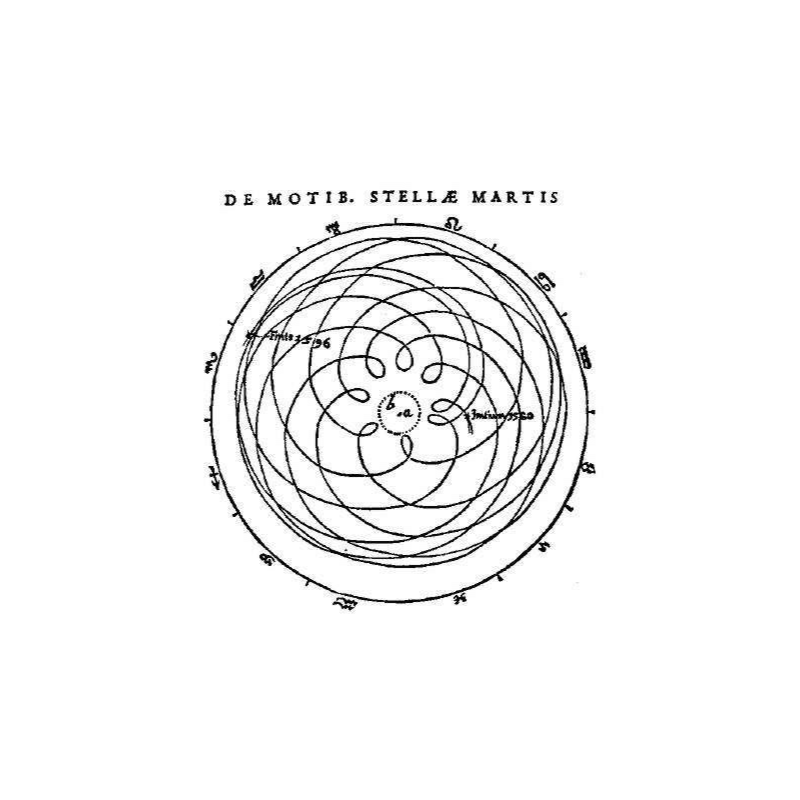The Delta System: A Calculus-Inspired Framework for Musical Transformation
The Delta System forwards a dynamic musical framework designed for analysis, composition, pedagogy, and instrument design. Drawing conceptual parallels from calculus, the system employs a hierarchy of derivative transformations, referred to as delta orders, to articulate and interact with the latent structures of change embedded within musical phenomena. By engaging with these nested levels of difference, musicians and theorists gain tools to perceive, model, and shape music through its intrinsic processes of transformation.
This approach redefines the relationship between physical action and musical result. Rather than relying on fixed spatial mappings, Delta-based instruments allow performers to engage with music as a fluid, multi-order system. This offers increased efficiency for the technical execution of complex and highly transforming music, such as jazz improvisation. As performers modulate not only fundamental variables, eg. pitches or rhythms, but their rates of change at multiple orders, they generate a more layered and expressive musical language. Through repeated interaction with these shifting structures, musicians develop heightened awareness of the cognitive mechanisms behind musical experience, fostering creative self-reflection in alignment with the Harmonics Institute’s broader pedagogical mission.
The Delta System treats rhythm and pitch as equally viable domains for transformation. It supports a pedagogical approach that connects the temporal and tonal dimensions of musical space through a unified logic of cyclic division and permutation. This integrated framework invites learners to explore music as a generative system grounded in transformations of the cycle—the foundational structure underlying frequency, pulse, and harmonic function. By working through these transformations, practitioners experience music not as a set of discrete facts, but as a continuously unfolding pattern of relations.
As a compositional and improvisational tool, the Delta System provides a means to externalize and navigate multiple levels of musical change. Composers can diagram transformation trees to organize and balance degrees of motion and stability across time. Improvisers may train themselves to recognize and act upon delta-level relationships in real time, thereby expanding their expressive vocabulary. In both contexts, the framework encourages intentionality and responsiveness to the deeper patterns that animate musical form.
Ultimately, the Delta System proposes a standardized yet flexible structure for musical thought that facilitates interdisciplinary dialogue. By offering a shared vocabulary rooted in transformation, it positions music as a bridge across artistic, cognitive, and scientific domains. Rather than prescribing a fixed aesthetic, the system opens a conceptual field in which change itself becomes the language of expression—a language capable of articulating both the structure of experience and the experience of structure.






